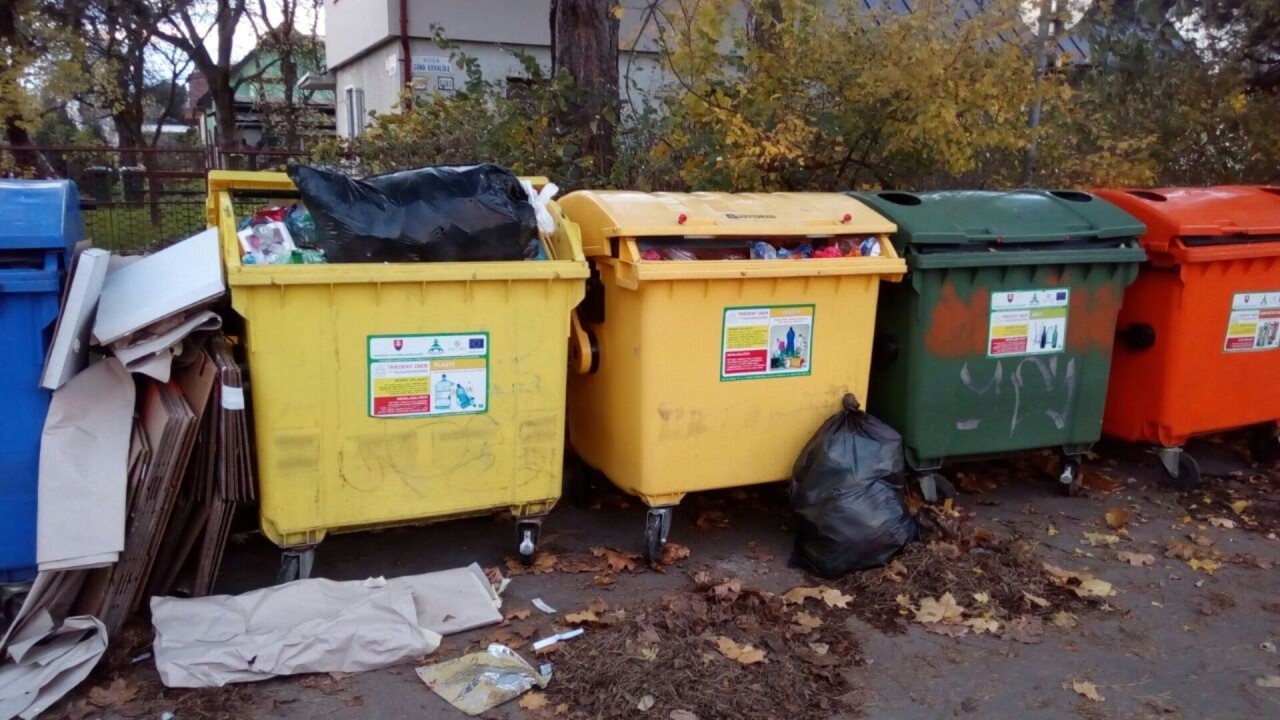New Challenges for Municipalities
Slovak towns and municipalities play a key role in the transition to sustainable waste management. In light of the goals set by Slovakia’s Waste Management Programme for 2021–2025, as well as European directives, the year 2025 will be decisive for local governments. Their role is no longer just to collect and dispose of waste but to actively contribute to waste reduction, increasing recycling rates, and supporting the circular economy.
Minimizing Landfilling: A Duty, Not an Option
Slovakia still has a high share of municipal waste being landfilled — in some regions exceeding 50%. The government’s goal is to significantly reduce this proportion by 2025. Municipalities must therefore introduce and expand separate collection systems, motivate residents to sort their waste, and make effective use of collection yards and composting facilities.
Supporting Home Composting and Biowaste Management
One of the biggest challenges for municipalities in 2025 will be the efficient collection and processing of biodegradable waste (BIO), which often makes up to 40% of mixed municipal waste. Municipalities must ensure separate collection of kitchen and garden waste and encourage home composting, for example, by providing subsidies for compost bins.
Artificial Intelligence and Digitalization in Municipal Services
Although it may seem futuristic, modern technologies such as sensors, GPS monitoring, and AI algorithms are already helping some Slovak municipalities make waste collection more efficient. In 2025, such solutions can help optimize waste collection routes, monitor container fill levels, and even analyze citizens’ sorting behavior.
Green Certifications and Transparency in Local Governance
Obtaining environmental certifications and publishing waste management results is becoming an important aspect of transparency and public communication. Citizens increasingly expect municipalities to manage resources ecologically and responsibly.
Awareness and Cooperation with Residents
Successful waste management is not just about technology — it’s primarily about people. Municipalities that achieve above-average sorting results tend to actively engage with their communities:
- organizing educational campaigns,
- running school programs and sorting competitions,
- and providing residents with clear, easy-to-understand information.
Funding and Support for Municipalities
In 2025, municipalities will be able to draw funds from the Environmental Fund, the Recovery and Resilience Plan, and EU funds to build or modernize waste infrastructure such as collection yards, composting plants, and sorting lines.
However, success will depend on strategic investment planning and active participation in available funding calls.
Conclusion: Waste as an Opportunity for Sustainable Communities
The year 2025 will bring municipalities both new obligations and opportunities. Those who prepare early for the transition to sustainable and digitally managed waste systems will gain not only environmental benefits but also economic advantages.
Reducing waste, improving sorting quality, and strengthening collaboration with residents are becoming the foundations of a modern, responsible, and competitive local government.

